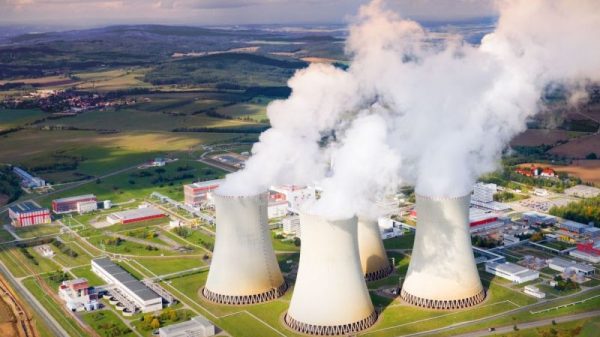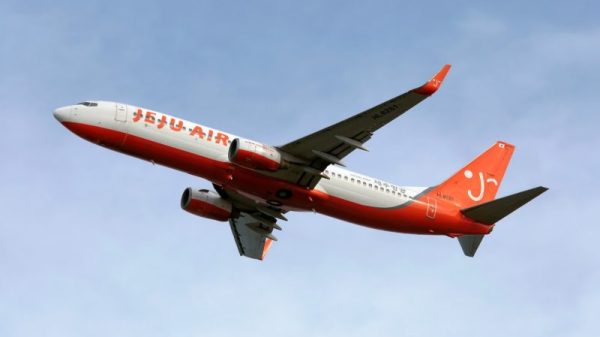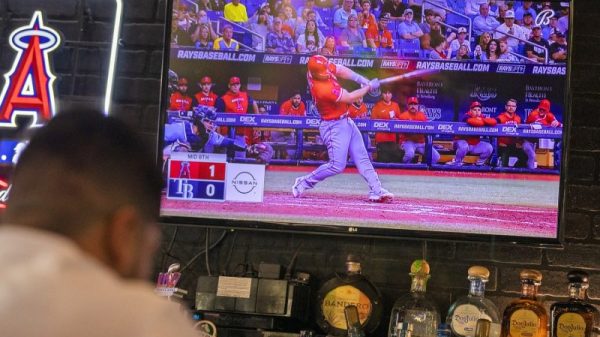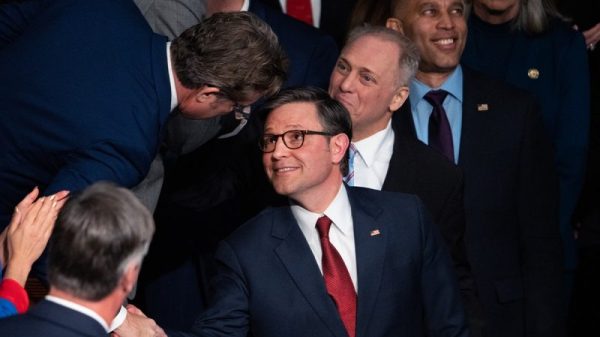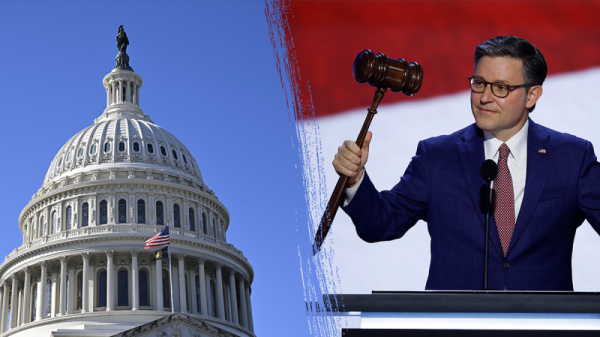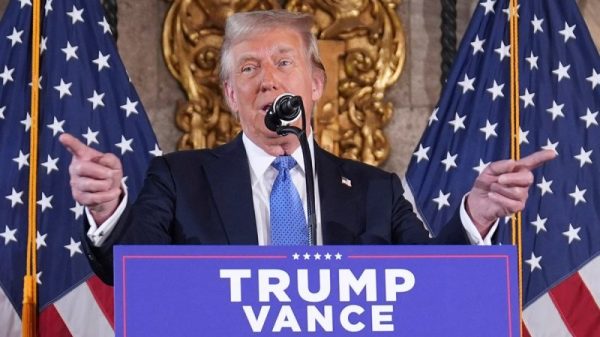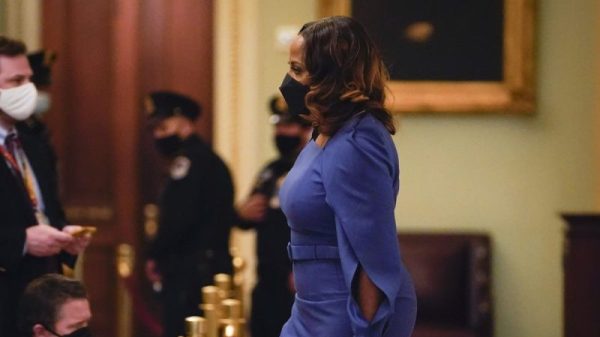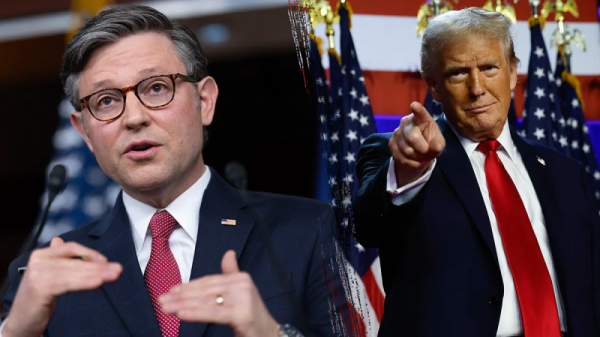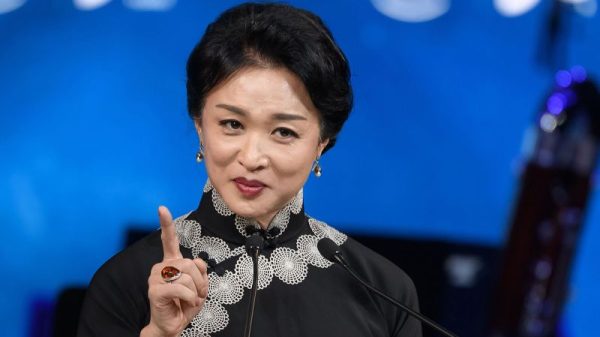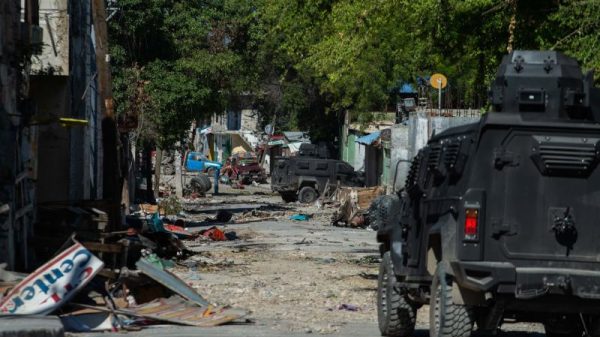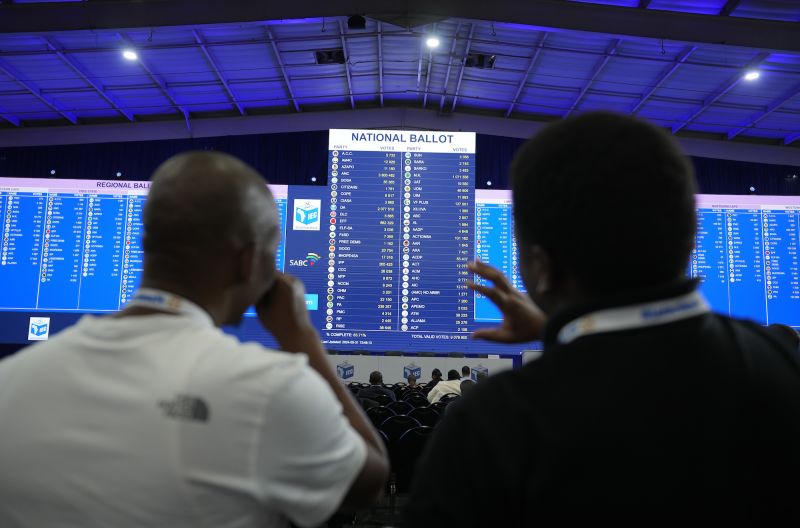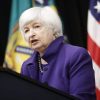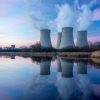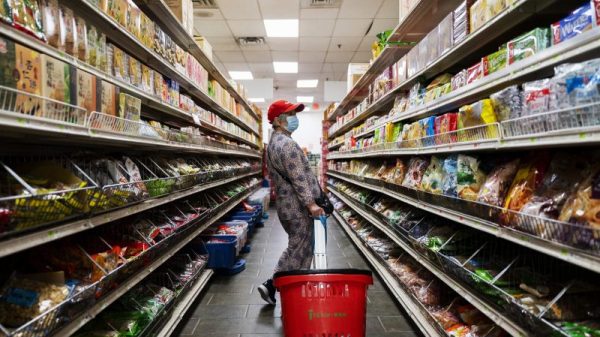South Africa’s ruling African National Congress party is set to fall short of a majority for the first time in 30 years after national elections this week, marking the biggest political shift in the country since the end of apartheid.
With counting nearly complete support for the ANC was at just over 40%, a huge slump from the 57.5% it received in the last election.
The official opposition party, the centrist Democratic Alliance (DA), had about 22% of the vote.
Behind them were two ANC splinter parties: the newly formed uMkhonto weSizwe Party (MK), led by Zuma, had nearly 15% of the vote, and the far-left Economic Freedom Fighters (EFF) had nearly 10%, data from the country’s electoral commission showed.
Fed-up voters dealt the party of Nelson Mandela a seismic blow at the polls after years of corruption scandals and economic mismanagement. As a result, the ANC will be forced to form a coalition to govern the world’s most unequal country.
Cyril Ramaphosa, the president of South Africa and the ANC – and once Mandela’s favorite to succeed him as leader – promised a “new dawn” when he took over in 2018 from disgraced former president Jacob Zuma.
But many feel those promises never materialized and the election results reflect a population deeply frustrated with the country’s direction. South Africans could now face weeks of political uncertainty, as the ANC seeks to strike a coalition deal with former rivals.
The rebuke to the ANC was hardly unexpected, mirroring widespread dissatisfaction with the ruling party. But the scale of the losses surprised some.
There has been “a general arrogance and loss of connection with the general voter from the ANC side,” Verwoerd said, adding that parties like MK and the EFF have capitalized on that discontent.
Zuma – a fierce critic of Ramaphosa – was forced to resign as leader in 2018 and served a brief stint in jail in 2021 for contempt of court. The Constitutional Court barred the 82-year-old from running for parliament in May, but his face remained on the MK party ballot.
ANC in uncharted territory
Substantial bargaining will likely begin once the final results are declared. Political parties will have two weeks to form a coalition government before a new parliament must convene to elect the nation’s president. If they fail, new elections will need to be held.
“It is their spinelessness to deal with the prospect of Mr. Zuma and his sins of omission and commission that has led to him being a political force now that has come and wiped them out in places like KwaZulu-Natal and other parts of the country.”
The populous coastal eastern province of KwaZulu-Natal, where the major city of Durban is located, has traditionally been a stronghold of the conservative Inkatha Freedom Party (IFP).
Zuma has faced hundreds of corruption, fraud and racketeering charges over the years. He has always denied all of them and became known as the “Teflon President” because few politicians could have survived the scandals he has faced and weathered.
What he labels a “doomsday coalition” is one of the other options on the table: a deal between the ANC-EFF or even the MK.
But with such disdain inside those breakaway parties for Ramaphosa, it would be quite some negotiation.
The EFF is led by former ANC youth leader Julius Malema. It espouses the expropriation of land without compensation and sweeping state nationalism. The MK party’s manifesto holds broadly similar ideas and demands an overhaul of the country’s constitution to restore more powers to traditional leaders.
Not since the dawn of democracy in 1994 has South Africa’s political landscape been so unclear.
But some analysts believe – despite the uncertainty – that the results of this election could be a win for democracy.
“It is probably a maturity in the democracy, we needed change and it is never good to have such a one-party dominance in a country,” Verwoerd said.
“It might be a little bit more unstable as we go into the future. But for democracy’s sake, it is most probably a good thing.”
She said that the ANC’s prospects dropped dramatically under the previous president.
“Once the Jacob Zuma years happened, it became pretty inevitable that there was going to be a slide,” she added.
A country going backwards
The ANC swept to power in 1994 on a pledge to “build a better life for all,” winning almost 63% of the vote in the country’s first democratic election.
Fast forward three decades and rampant corruption, soaring joblessness, crippling power cuts, and feeble economic growth are severely impacting South Africans.
The economy has gone backward over the past decade, evidenced by a sharp fall in living standards. According to the World Bank, gross domestic product per capita has fallen from a peak in 2011, leaving the average South African 23% poorer.
South Africa has the highest rate of unemployment in the world, according to the World Bank. Inequality is also the world’s worst.
Black South Africans, who make up 81% of the population, are at the sharp end of this dire situation. Unemployment and poverty remain concentrated in the Black majority, in large part due to the failure of public schooling, while most White South Africans have jobs and command considerably higher wages.
Any coalition government will be a bitter pill to swallow for the ANC and Ramaphosa, who could soon be fighting for his political life.
Leading analysts believe that the ANC was depending on its legacy too much.
“The ANC was campaigning on three decades of its existence. But nobody was looking at the current president,” said TK Pooe, a senior lecturer at Wits School of Governance in Johannesburg. He believes Ramaphosa is “under pressure”.
Pooe said, with this election, voters have told the ANC three things: “jobs, jobs, jobs.”
Whether a coalition government can deliver for the people is deeply uncertain, but one thing is clear: South Africa and the ANC – Mandela’s former liberation movement that triumphed over apartheid – will never be the same.





